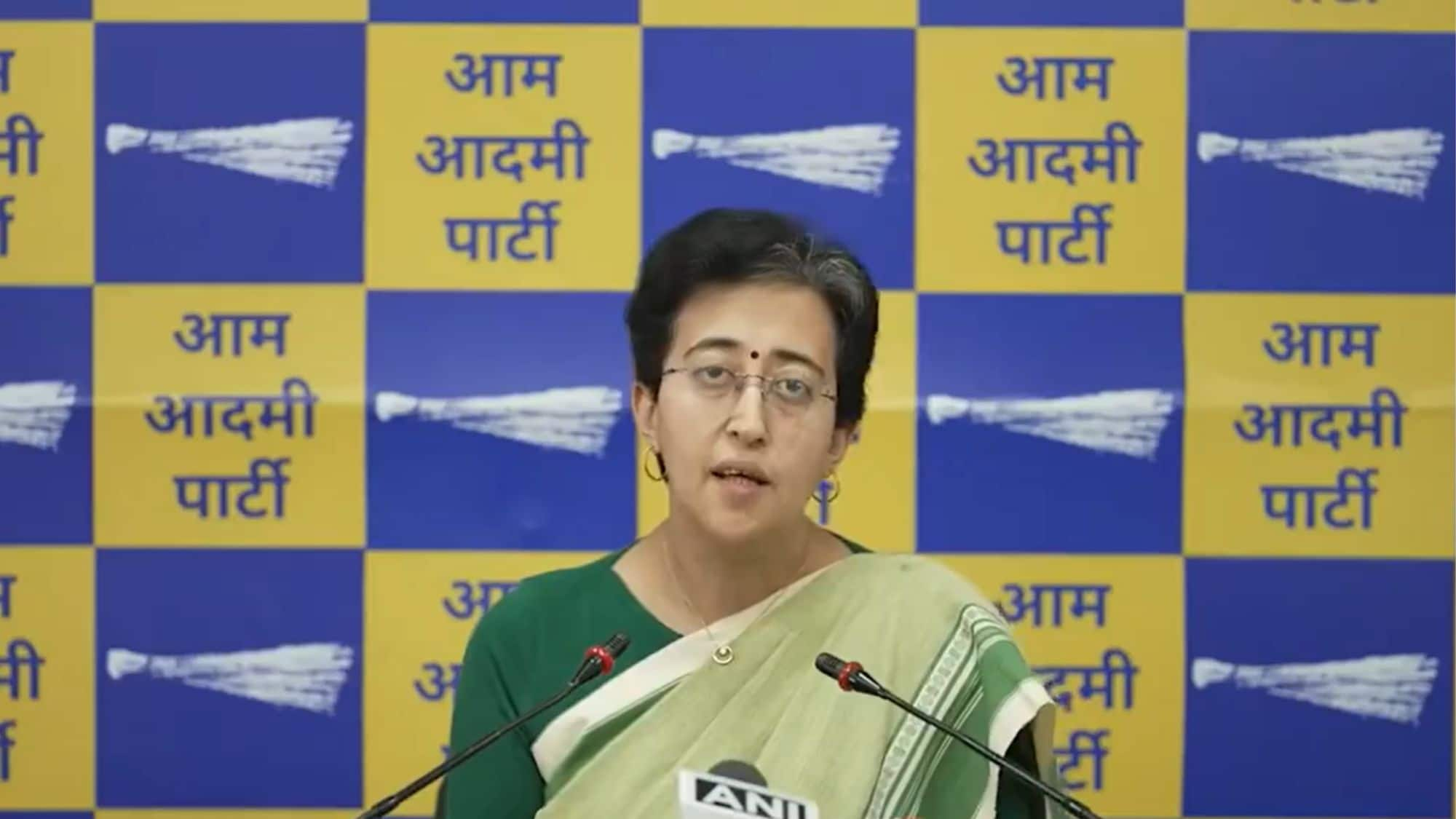Delhi Government Increases Minimum Wage for Workers
The Delhi government, under the leadership of Chief Minister Atishi, has made a significant decision to raise the minimum wage for workers in the unorganized sector. This move is aimed at providing financial security and improved living standards for laborers across the city. The new minimum wages reflect a proactive approach to social welfare, demonstrating the government’s commitment to ensuring fair compensation for all workers.
New Minimum Wage Structure
The updated minimum wage rates are as follows:
| Type of Worker | Minimum Wage (per month) |
|---|---|
| Unskilled Workers | ₹18,066 |
| Semi-skilled Workers | ₹19,929 |
| Skilled Workers | ₹21,917 |
Atishi’s Statement on Wage Increase
After assuming office as Chief Minister, Atishi emphasized that this wage increase is a crucial step toward securing a better future for the workers of Delhi. She highlighted that under the Aam Aadmi Party (AAP) government, Delhi has implemented some of the highest minimum wages in the country, thereby setting a benchmark for labor rights.
Political Context and Comparative Analysis
In her address, Atishi also critiqued the Bharatiya Janata Party (BJP), asserting that the minimum wages in BJP-ruled states are significantly lower—almost half of what is now established in Delhi. This stark contrast illustrates the commitment of the AAP in prioritizing worker welfare compared to their political counterparts.
Commitment to Regular Wage Revisions
Additionally, Atishi noted that the Kejriwal government is not only focused on implementing minimum wage regulations but has also taken steps to ensure that wages are revised twice a year. This policy reinforces the government’s position against the resistance from the BJP and reflects a long-term strategy to enhance the economic status of workers.
Conclusion
The increase in minimum wages by the Delhi government signifies a landmark effort to uplift the economic conditions of workers in the unorganized sector. By establishing a robust wage structure, the government aims to provide dignity, respect, and adequate compensation for laborers, marking a significant milestone in the ongoing fight for labor rights in India.












